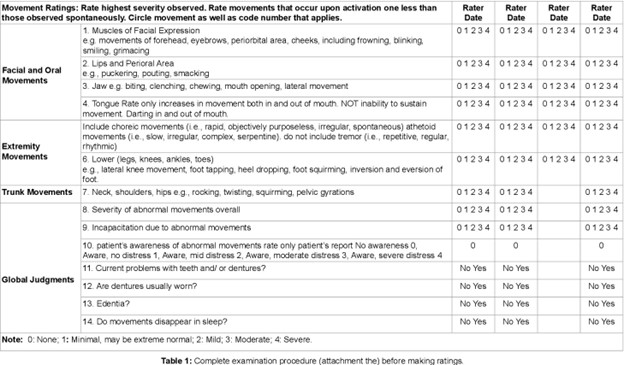A nurse is collecting data from a client during a routine prenatal visit. The client is in their second trimester of pregnancy and reports feeling dizzy, has a racing heart, and becomes pale while lying on their back.
Which of the following actions should the nurse take?
Provide the client with a glass of orange juice.
Instruct the client to take a brisk walk.
Position the client on their left side.
Check the client's temperature.
The Correct Answer is C
Explanation
C. Position the client on their left side
The symptoms of feeling dizzy, racing heart, and becoming pale while lying on their back are consistent with supine hypotensive syndrome or vena cava syndrome. This condition occurs when the pregnant uterus compresses the vena cava, reducing blood flow back to the heart and causing a drop-in blood pressure.
Positioning the client on their left side helps alleviate the pressure on the vena cava, allowing for improved blood flow and preventing further symptoms. This position optimizes blood circulation and reduces the risk of complications. The nurse should assist the client in turning onto their left side and ensure they are comfortable.
Providing the client with a glass of orange juice (option A) is not recommended as it may be helpful in cases of low blood sugar or hypoglycemia, but it is not the most appropriate action in this scenario.
Instructing the client to take a brisk walk (option B) is not recommended since physical exertion can further worsen the symptoms and increase the risk of complications.
Checking the client's temperature (option D) is not necessary as the reported symptoms are not indicative of a fever or infection.
Therefore, the most appropriate action for the nurse to take in this situation is to position the client on their left side (option C).
Nursing Test Bank
Naxlex Comprehensive Predictor Exams
Related Questions
Correct Answer is ["C"]
Explanation
A.Coiling the tubing on the bed above the collection bag is incorrect because it can cause urine to flow back into the bladder, increasing the risk of infection and compromising the effectiveness of the drainage system. The tubing should be kept below the level of the bladder to ensure proper drainage.
B.Instructing the client to hold the drainage bag at waist height when ambulating is incorrect because the drainage bag should always be kept below the level of the bladder to prevent urine from flowing back into the bladder, which could lead to a urinary tract infection (UTI).
C.Securing the tubing with adhesive tape to the lower abdomen is correct because it helps prevent accidental pulling or tugging on the catheter, which could cause discomfort or dislodgement. Properly securing the tubing also helps maintain a continuous flow of urine and reduces the risk of infection.
D.Collecting a sterile specimen from the urinary drainage bag is incorrect because urine in the drainage bag is not considered sterile. If a sterile specimen is needed, it should be obtained by cleaning the catheter's sampling port with an antiseptic solution and withdrawing urine directly from the port using a sterile syringe.
Correct Answer is B
Explanation
The AIMS is specifically designed to assess for the presence and severity of abnormal involuntary movements, which can be a side effect of long-term antipsychotic medication use, including tardive dyskinesia. It consists of a series of standardized movements and observations that assess different body regions for abnormal movements. The nurse can use this tool to monitor the client's movements and identify any signs of tardive dyskinesia.

Mental Status Examination (MSE): The MSE is a comprehensive assessment of a client's mental status, including their cognition, mood, and thought processes. While the MSE is an important tool in assessing overall mental health, it is not specific to tardive dyskinesia. Patient Health Questionnaire-9 (PHQ-9): The PHQ-9 is a screening tool for depression that assesses the severity of depressive symptoms. While depression can be a comorbidity in individuals with schizophrenia, the PHQ-9 does not directly assess for tardive dyskinesia. Brief Psychiatric Rating Scale (BPRS): The BPRS is a rating scale used to assess the severity of psychiatric symptoms in individuals with mental disorders. While it is useful in evaluating overall symptomatology in schizophrenia, it does not specifically target tardive dyskinesia.
Whether you are a student looking to ace your exams or a practicing nurse seeking to enhance your expertise , our nursing education contents will empower you with the confidence and competence to make a difference in the lives of patients and become a respected leader in the healthcare field.
Visit Naxlex, invest in your future and unlock endless possibilities with our unparalleled nursing education contents today
Report Wrong Answer on the Current Question
Do you disagree with the answer? If yes, what is your expected answer? Explain.
Kindly be descriptive with the issue you are facing.
